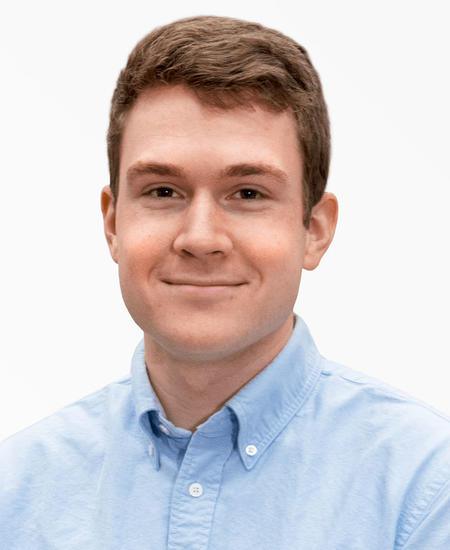The University of Kentucky Office of Nationally Competitive Awards has announced that Stephen Parsons has been selected to receive government-funded National Science Foundation (NSF) Graduate Research Fellowships. NSF Fellows receive a three-year annual stipend of $34,000 along with a $12,000 cost of education allowance for tuition and fees for a research-based master's or doctoral degree in a STEM (science, technology, engineering or mathematics) field. Annually, the NSF awards approximately 1,500 fellowships from an applicant pool of over 12,000.
Parsons, a former Chellgren Fellow and current computer science doctoral student from Lexington, will pursue research in robotics and computer vision at UK.
“I am sure I am only starting to imagine the opportunities in front of me thanks to this fellowship,” said Parsons. “The stability provided by the fellowship will allow me to commit to long term, difficult problems in my existing research that have the highest impact. I am already looking forward to the partnerships I will be able to build, both inside UK and with other institutions. Since our research work is multidisciplinary, these relationships are critical to our success.”
Parsons has been working with Brent Seales’ team on the digital restoration of ancient artifacts, particularly focusing on the Herculaneum scrolls. As part of this research, he helps scan the scrolls using X-ray microtomography and then develops algorithms to analyze the resulting data in hopes of revealing hidden text. This will be one of the primary targets of Parson’s research under this fellowship.
The NSF GRFP is the country’s oldest graduate fellowship program directly supporting graduate students since 1952. GRFP is a critical program in NSF's overall strategy to develop a globally engaged workforce necessary to ensure the nation's leadership in advancing science and engineering research and innovation. A hallmark of GRFP is its contribution to increasing the diversity of the STEM workforce, including geographic distribution, as well as the participation of women, underrepresented minorities, persons with disabilities and veterans.
